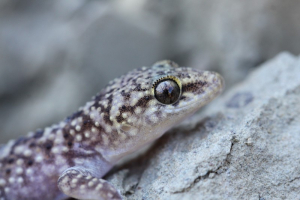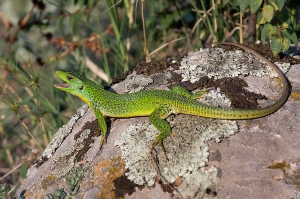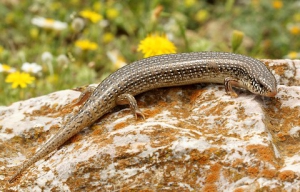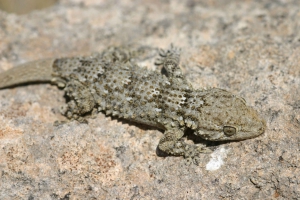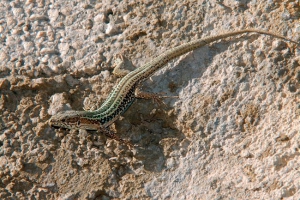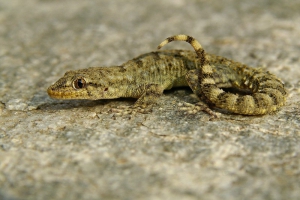The Turkish gecko (scient. Hemidactylus turcicus) or Mediteranean house gecko is one of the most common reptiles in Crete, which is closely related to the Moorish gecko. Indeed, many people tend to confuse the two species that have similar characteristics but do not belong in the same species.
In Crete, apart from the main subspecies Lacerta trilineata trilineata, there is also the subspecies Lacerta trilineata polylepidota. The green lizards are completely harmless, although some consider them poisonous.
The ocellated skink (scient. Chalcides ocellatus) (or the eyed skink or gongilo), is an impressive species of skink, which is native to to Italy, Greece and North Africa. In Crete holds the mistaken impression that they are deadly poisonous and people are afraid of them.
The Moorish Wall Gecko (scient. Tarentola mauritanica) is a small species of lizard that reaches a total length of 16cm and can be found on the island of Crete.
The wall lizard of Crete (scient. Podarcis cretensis) is the only endemic species of lizard on the island, which was identified as a seperate species (from Podarcis erhardii) just a few years ago.
The gecko of Kotschy (scient. Mediodactylus kotschyi) is a common lizard species on Crete, which is very similar to the previous two, but belongs to a separate species. The major difference of this lizard with the other two gecko species mentioned is that it has a thin body and its fingers do not have suction cups.





